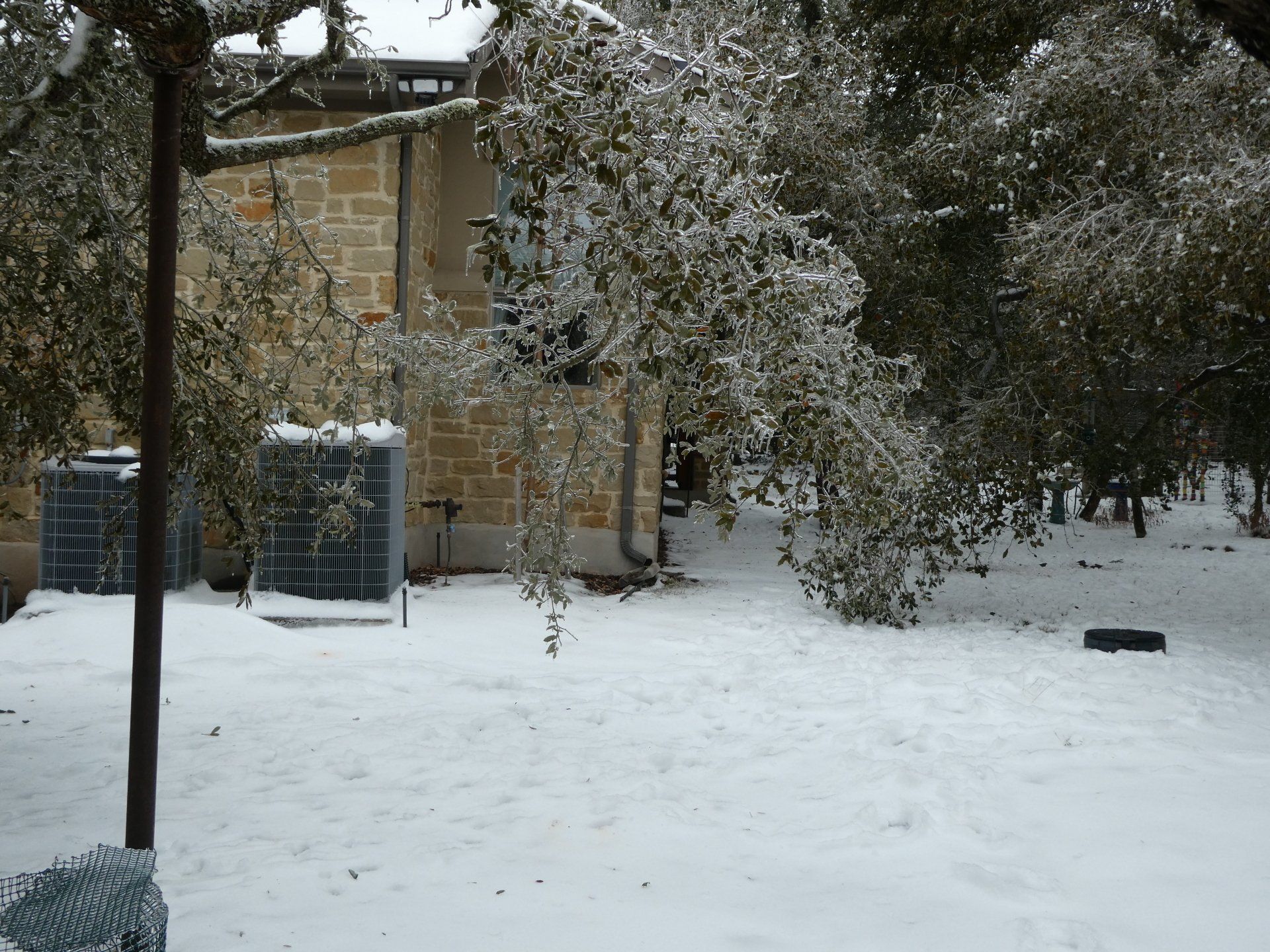The world has now spent a good seven months or more hearing new words such as "social distance" and being told to "wear a mask" and isolate at home.
Fear has been flung at everyone by way of the many newscasts and comments from elected officials. Very few people want to die or want to do something to contribute to their death.
Unfortunately the biggest toll of the lock downs has been on those confined to long term care homes, nursing homes, and in communities with large numbers of more sickly and vulnerable people. And if you happen to land in a hospital - because of positive testing for Covid-19 or because of a completely unrelated ailment, the price has been that you had to be there alone.
Loneliness is the single biggest contributor to mental health issues. Not only is there no one to talk to but no one to touch, to hug, to reach out to....add to that a sense of fear.
Let's look at Australia as an example As of October 6, the Australian Federal Department of Health showed 894 Covid-19 deaths. Of those, 673 occurred in "aged care residences".
Did the isolation of the residents and the lockdownsprevent the spread of the virus? The answer from the Department of Health is "not really". Yet not one caee where a visitation was allowed resulted in a case of Covid-19 within the facility.
Across the 2020 calendar year to 31 July, the total number of people who have died in residential aged care is 32,398. The lower number of deaths in 2020 in the data available to date (32,398) compared to the same point in 2019 (33,383) is likely the result of increased influenza immunisation rates, and increased infection control protocols introduced during the COVID-19 pandemic.
Sadly influenza kills many elderly Australians each year many of whom live in aged care facilities.
• The 2017 influenza season recorded the highest levels of influenza activity since 2009 swine flu pandemic with over 1,064 older Australians dying from influenza.
• In 2019, 837 older Australians died from influenza.
• In 2020, 28 older Australians have died from influenza to date.
BUT the untouched topic is that of increased memory loss, mental health crises, and suicidal tendencies. Individuals report that they won't get out of bed. Worse yet, people refuse medical treatment out of fear of being left alone in a medical facility. Long term what will be the fallout from those decisions?
We all have a lot of quesitons about long term ramifications - from schooling (or the lack of), to job loss, to lack of mental stimulus to brainwashing, and divisevness. Neighbor against neighbor, old friend vs old friend, partners, and more all have drawn lines in the sand.
Is the real issue no longer Covid deaths but mental illness? What will we as a society do to help that? And how can we start work today to make up for the isolationism being felt by so many? What could you change in your world?
We can talk about death as part of life. We can talk about the role each of us play in connecting one human to another. We can do something!





